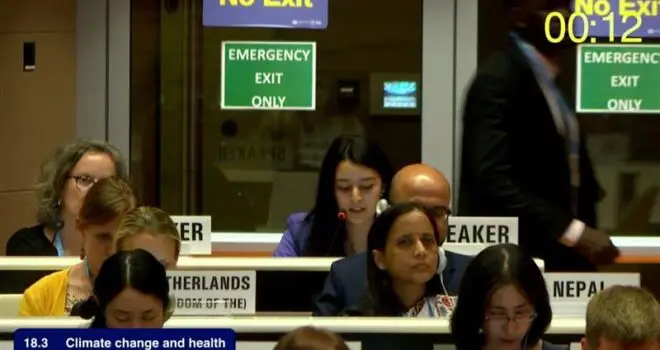Last month, the Lancet NCDI Poverty Commission published a groundbreaking report on noncommunicable diseases and injuries (NCDIs) among the world’s poorest people. The report highlighted the fact that non-communicable diseases & injuries cause more death & disability at every age among the world’s poorest billion than in wealthy countries, and argues that 4.6 million lives could be saved by 2030 with affordable, cost-effective and equitable interventions for non-communicable diseases and injuries among the world’s poorest.
We spoke to lead authors Gene Bukhman and Ana Mocumbi to learn more about the report, the Commission, and their future goals. Watch the full video below.
“The report brings new ideas, new proposals on how to best tackle this big variety of diseases. And specifically we think that if we integrate care, if we start building interdisciplinary teams for care provision, for health promotion, for preventive medicine, and bring other sectors to the table with the health sector, we may close the gap that we have currently in terms of the means and the tools that are available for these countries, so that we can improve the quality of care globally by strengthening the health system in such a way that we can also cover noncommunicable disease of the poorest billion.” – Ana Mocumbi, Eduardo Mondlane University, Mozambique
“In a way what this report is pointing to is opportunities for new kinds of coalitions, new forms of global solidarity. The strength of the NCD movement is it’s basically a kind of alliance among people that are affected by these diseases. It’s a disease-based movement, so this is pointing to opportunities for people around the world that are affected by these diseases and that share a common humanity, and how can they come together to have meaningful action” – Prof Gene Bukhman, Harvard Medical School and Partners in Health


